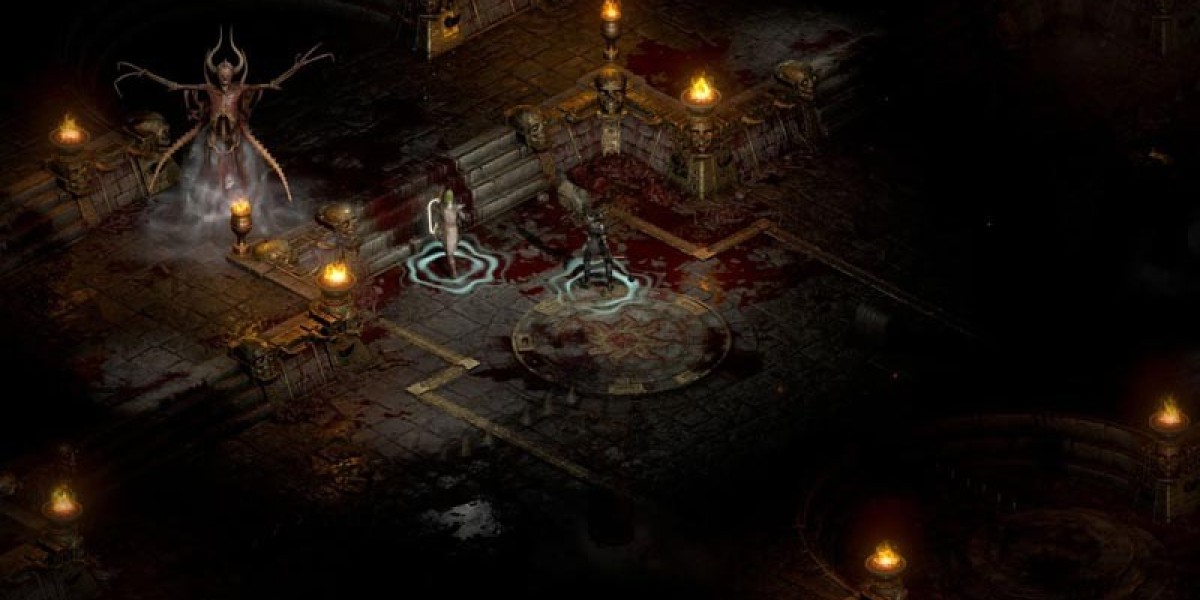In a world characterized by rapid technological advancements and shifting cultural landscapes, traditions often find themselves at odds with the march of progress. Yet, some traditions manage to endure, deeply embedded in the fabric of society, despite the challenges they face. One such tradition is horse racing, a sport that has transcended centuries and continents, maintaining its allure and significance in the modern era.
At its core, horse racing is a testament to the enduring bond between humans and animals. Dating back thousands of years, the sport traces its origins to ancient civilizations such as the Greeks, Romans, and Egyptians, where it served both practical and recreational purposes. Today, while the practical aspects have diminished, the recreational and cultural significance of horse racing remain as strong as ever.
One of the key roles of horse racing in modern society is its preservation of tradition. In an age where digital entertainment dominates, horse racing stands as a tangible link to our past, connecting us to centuries-old customs and rituals. From the thundering hooves on the track to the colorful pageantry of race-day events, each aspect of the sport carries with it a sense of history and tradition that transcends generations.
However, the preservation of tradition in horse racing is not without its challenges. In recent years, the sport has faced scrutiny and criticism, particularly regarding animal welfare concerns. Issues such as overbreeding, doping scandals, and track safety have sparked debates about the ethicality and sustainability of horse racing in the modern era.
Yet, despite these challenges, horse racing continues to adapt and evolve, finding ways to uphold its traditions while addressing contemporary concerns. One example of this is the growing emphasis on horse welfare and safety measures within the industry. From improved track surfaces to stricter regulations on medication, stakeholders in the horse racing community are taking proactive steps to ensure the well-being of the athletes – both equine and human.
Moreover, horse racing serves as a cultural touchstone in many societies, reflecting and reinforcing societal values and norms. Nowhere is this more evident than in regions where horse racing holds deep cultural significance, such as South Asia. In countries like India and Pakistan, horse racing is not just a sport but a social event steeped in tradition and ceremony.
In Pakistan, for example, horse racing has long been intertwined with the nation's cultural identity. The sport attracts enthusiasts from all walks of life, from rural villagers to urban elites, who come together to celebrate their shared passion for the noble steed. Moreover, horse racing serves as a platform for social interaction and networking, with race days often doubling as festive occasions marked by music, food, and camaraderie.
Similarly, in Thailand, horse racing has a rich history dating back to the reign of King Rama V in the late 19th century. Today, the sport continues to thrive, with racecourses like the Royal Bangkok Sports Club attracting spectators from across the country. The annual King's Cup, held in honor of the reigning monarch, is a highlight of the racing calendar and a testament to the enduring legacy of equestrian tradition in Thai society.
Beyond its cultural significance, horse racing also plays a role in the economic landscape of many communities. The industry generates billions of dollars in revenue globally, supporting jobs and livelihoods in sectors ranging from agriculture to tourism. In regions where horse racing is a major industry, such as the United States, the United Kingdom, and Australia, the sport serves as an economic engine, driving growth and development in both urban and rural areas.
However, alongside the traditional form of horse racing, modern society has seen the emergence of alternative forms of gambling and entertainment. One such example is Satta Matka, a form of lottery that originated in India and has since spread to other parts of the world. Satta Matka, also known simply as Matka, involves betting on random numbers and has become increasingly popular, particularly among working-class communities.
Similarly, in countries like Thailand and Pakistan, traditional forms of Lucky draw online, such as the Thai lottery and lottery in Pakistan, remain popular despite the proliferation of online gambling platforms. These lotteries, often organized by the state or local governments, serve as a source of revenue for public welfare programs and infrastructure projects.
In the digital age, technology has also reshaped the landscape of gambling and entertainment, giving rise to online platforms such as Lucky Draw Online and Aviator. These platforms offer a wide range of games and betting options, catering to a diverse audience of players seeking thrills and excitement from the comfort of their own homes.
While these alternative forms of gambling may pose competition to traditional horse racing, they also underscore the enduring appeal of games of chance and the innate human desire for risk and reward. In this context, horse racing stands out as a unique blend of tradition, skill, and chance, offering an experience that cannot be replicated by digital simulations or virtual games.
In conclusion, horse racing plays a multifaceted role in modern society, serving as a custodian of tradition, a reflection of cultural identity, and an economic engine of growth. Despite the challenges it faces from evolving societal norms and technological advancements, the sport continues to endure, adapting and evolving to meet the needs and expectations of contemporary audiences.








